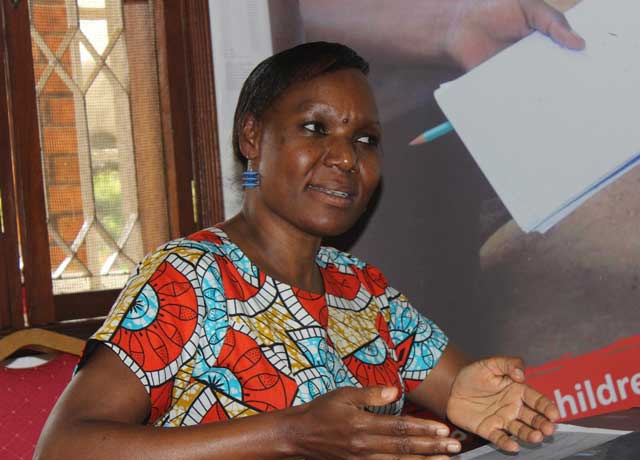
Kampala, Uganda | THE INDEPENDENT | The ongoing COVID-19 lockdown which led to the closure of schools may worsen the already waning learning outcomes in Uganda. This is according to Dr Mary Goretti Nakabugo, the Country Coordinator of Uwezo Uganda, an initiative that aims to improve competencies in literacy and numeracy among children aged 6-16 years old.
Dr Nakabugo says that even before the COVID-19 crisis, there were signs of an apparent decline in the achievement of learning outcomes among schools. The learners lacked foundation skills and the learning outcomes in literacy and numeracy remained low with little or no signs of improvement.
According to UWEZO assessment reports, the percentage of Primary three to Primary seven children who could read and comprehend a basic story at the primary two levels dropped from 39 per cent in 2015 to 33 per cent in 2018. Similarly, the percentage of Primary three to Primary seven children who could do P2 division had dropped from 52 per cent to 45 per cent.
Nakabugo says that given that grim background, the continuous closure of schools is likely to have long-lasting effects on the learners. Her comments come as the government announced that schools, which have been closed since March 20, 2020, will open for candidate classes only, as Uganda continues to battle a rise in COVID-19 cases.
Nakabugo, however, applauds the government education response plan arguing that despite the numerous challenges involved, it at least offered some form of continued learning which might help the smaller percentage of learners who had automated the foundation skills.
In the plan, released by the education Minister Janet Museveni, the government proposed that lessons be delivered through print and self-study home packages, recorded lessons and live presentations on radio, televisions, and online uploads to be sent to learners through mobile phones.
But Dr Nakabugo observes that to learners who lacked basic literacy and numerical skills, chances are very high that the reading materials could not be of help.
As part of the solution, she stresses that when the school opens, the curriculum and instruction will need to be adapted to the learning levels of the children in addition to ensuring that there is enough remedial to get children to their right levels.
Her argument is quite close to the World Bank’s Global Director for Education Jaime Saavedra who in addition to losses in learning, projects an increase in dropout rates with a call to education ministries in low developing countries like Uganda where the impact might be big to have a strong recovery plan.
********
URN
 The Independent Uganda: You get the Truth we Pay the Price
The Independent Uganda: You get the Truth we Pay the Price





